Local history
Local history has become much more prominent in the most recent National Curriculum with a prominent place at each key stage. It has not always been well done even if children often enjoy it. Good local history involves careful planning ideally through an enquiry approach drawing on historical concepts and a range of sources. Local history provides great opportunities for practical work inside and outside the classroom. It is not something done in isolation but should link with other history so that children see the links between their direct world and the wider context.
Sort by:
Date (Newest first) | Title A-Z
Show:
All |
Articles |
Podcasts |
Multipage Articles
-

'Doing Local History' through maps and drama
ArticleClick to view -

A view from the classroom: Teachers TV, The Staffordshire Hoard And 'Doing History'
ArticleClick to view -

Assessment and Progression without levels
ArticleClick to view -

Bringing the Civil War to life in Somerset
ArticleClick to view -

Case Study: Creative exploration of local, national and global links 1650
ArticleClick to view -
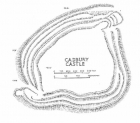
Case Study: Working with gifted and talented children at an Iron Age hill fort in north Somerset
ArticleClick to view -
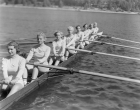
Celebrate your sporting heritage
ArticleClick to view -

Chronology and local history: Year 6
ArticleClick to view -

Churches as a local historical source
ArticleClick to view -

Curriculum planning: How to write a new scheme of work for history
ArticleClick to view -

From Home to the Front: World War I
ArticleClick to view -
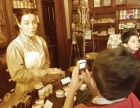
Geosong: a transition project
ArticleClick to view -

Hearts, Hamsters and Historic Education
ArticleClick to view -
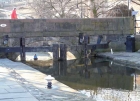
History in the Urban Environment
ArticleClick to view -

How do we ensure really good local history in primary schools?
ArticleClick to view -
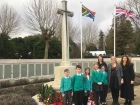
How significant is the tragic story of the SS Mendi?
ArticleClick to view -
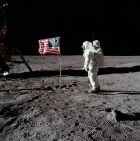
Implementing the 2014 curriculum in Year 2
ArticleClick to view -

Introducing local history: the Fusehill Workhouse Project
ArticleClick to view -

It's like they've gone up a year!' Gauging the impact of a history transition unit on teachers of primary and secondary
ArticleClick to view -
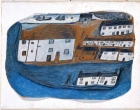
Key Stage 1 local history through fresh eyes
ArticleClick to view

